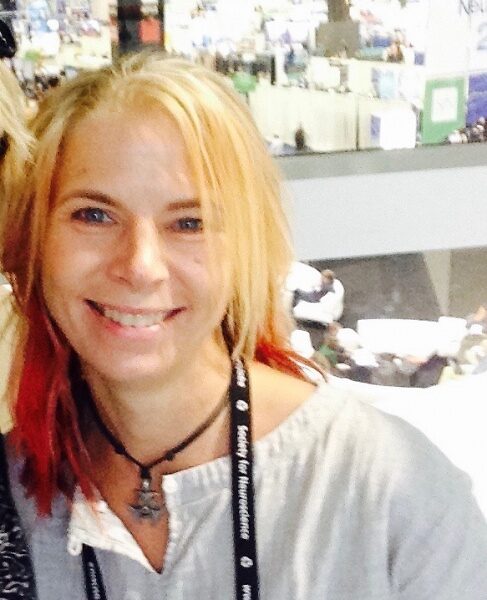"Tuning the cerebellar clockwork" Dr. Marylka Yoe Uusisaari

Date
Location
Description
Dr. Marylka Yoe Uusisaari
Marie Curie Individual Fellow
Edmond & Lily Safra Center for Brain Sciences (ELSC)
Hebrew University of Jerusalem, Israel
Abstract
A fundamental goal of neuroscience is to understand how neuronal computation creates behavior. Learning a successful behavioral program depends on the brain’s capability to plan and coordinate actions in the context of the ever-changing environment and to chain individual actions into coordinated procedures. To accomplish this, it is essential that sub-second time intervals are accurately measured as well as reconstructed in the brain.
The olivo-cerebellar system (OCS) is intimately involved in generating such time intervals so that the motor and cognitive actions driven by the forebrain will be coordinated and result in successful behaviour.
Through its clockwork-like combination of oscillations and network dynamics and a constant feed of sensorimotor input, the OCS generates the “cerebellar code”, seen in its raw form as the pattern of spikes and pauses in the cerebellar Purkinje neurons. While many facets of how this code is constructed within the cerebellar cortical network are well understood, very little is known of how the cerebellar input structures - the cerebellar granule cell layer and the inferior olive
- shape the sensorimotor afferent signals on which the cerebellar code is founded on. I am working towards probing these functions through specific optogenetic manipulation of key elements in the OCS, to resolve how the it creates timing signals from sensory feeds and how does the animal take advantage of it in order to learn and perform behavioural strategies.
Biography
Dr. Uusisaari started her career with a PhD in University of Helsinki, Finland during which she described novel, GABAa-receptor-driven network oscillation state in adult hippocampus, before continuing with a post-doctoral position at RIKEN BSI (2004-2009) in Japan to disentangle the cerebellar nuclear microcircuitry followed by a position at OIST (2009-2012) examining the connections between noise and resonant behaviour of neurons. After a brief visiting position at Princeton University in 2011, she has continued investigations of the olivo-cerebellar circuit dynamics at the Hebrew University of Jerusalem, Israel and at the Erasmus MC Rotterdam, The Netherlands, funded as Marie Curie fellow through the European MSCA actions-framework.
Subscribe to the OIST Calendar: Right-click to download, then open in your calendar application.



